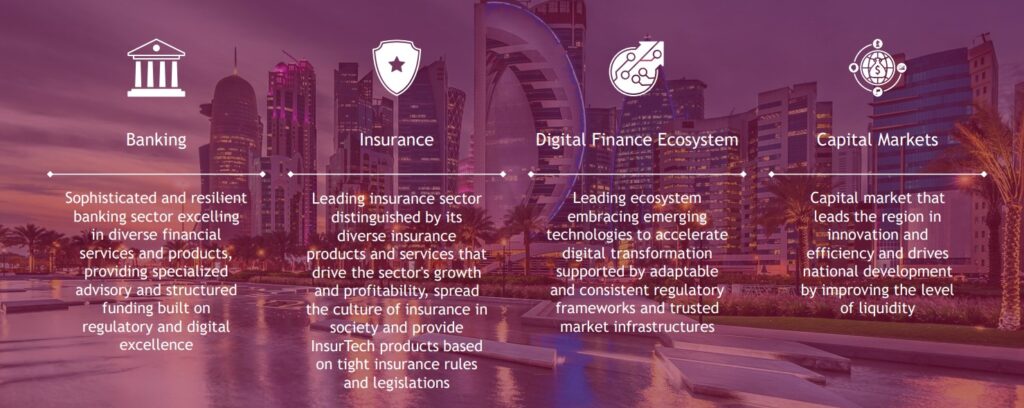Qatar’s central bank governor believes the framework will benefit the country’s financial sector.

The Qatar Financial Centre (QFC), a business hub based in Doha, Qatar, has introduced a detailed set of regulations for managing and establishing digital assets.
The Qatar Financial Centre Authority (QFCA) and the Qatar Financial Centre Regulatory Authority (QFCRA), the QFC’s regulatory bodies, have unveiled a framework that lays the groundwork for digital assets within the QFC.
This framework outlines rules for tokenization processes, recognizes legal property rights in tokens and their underlying assets, and addresses issues such as custody arrangements, transfer, and exchange.
Additionally, it includes provisions for the legal recognition of smart contracts.
Similar to the free economic zones in the United Arab Emirates, which function independently from the mainland, the QFC operates under its own distinct legal, regulatory, tax, and business framework, separate from the rest of Qatar.
The QFC allows for up to 100% foreign ownership and full repatriation of profits. It also “charges a competitive rate of 10% corporate tax on locally sourced profits.”
Supporting Qatar’s Digital Transformation
According to the announcement, the new framework aims to ensure that the digital asset ecosystem within the QFC remains secure and transparent, while also adhering to international standards.
The QFC stated that the framework establishes standards for asset tokenization.
Moreover, it seeks to build trust and confidence among consumers, service providers, and stakeholders.
Qatar Central Bank Governor, His Excellency Sheikh Bandar bin Mohammed bin Saoud Al Thani, remarked that these new regulations represent a significant milestone in achieving the country’s “Third Financial Sector Strategy.”
He believes the framework will create substantial opportunities within Qatar’s financial sector.
In November 2023, Qatar launched its Third Financial Sector Strategy, aiming to develop a capital market that would help the country realize its economic potential.
The plan involves “embracing emerging technologies” to accelerate digital transformation.

The digital assets framework is also a result of collaboration and consultation with various industry stakeholders.
According to the QFC, the framework was developed with the assistance of an advisory group comprising 37 domestic and international organizations from the finance, technology, and legal sectors.
The QFC also noted that since the launch of its Digital Assets Lab in October 2023, it has accepted over 20 startups to develop, test, and commercialize their products and services.
